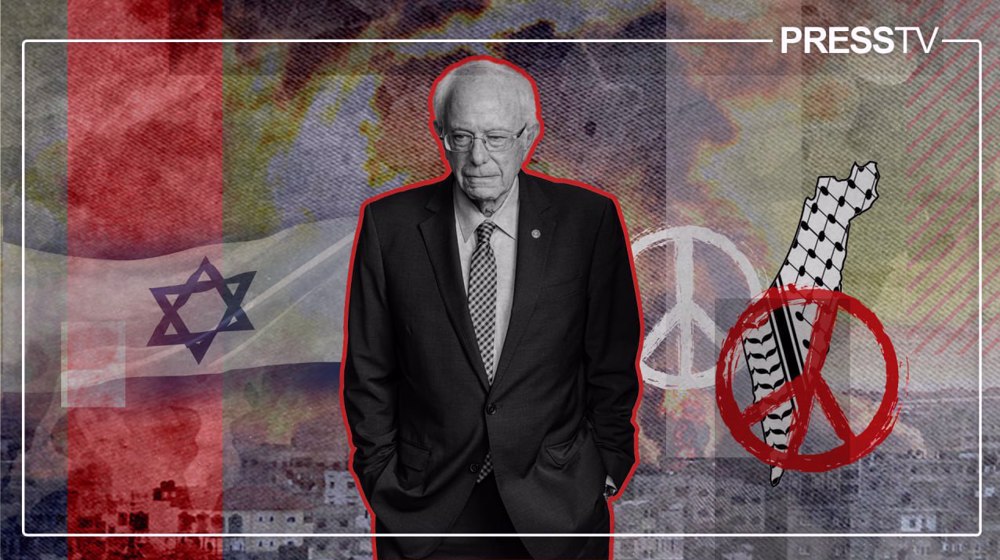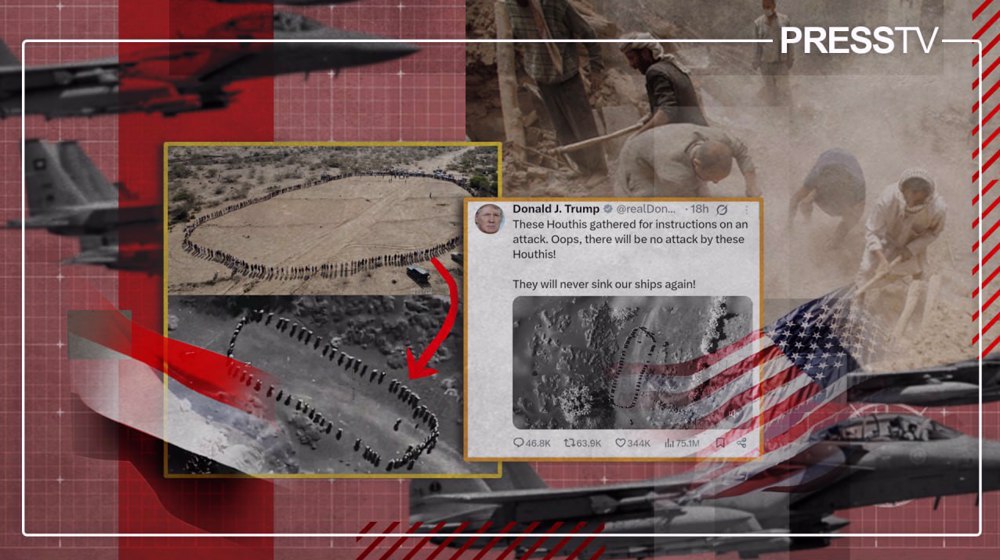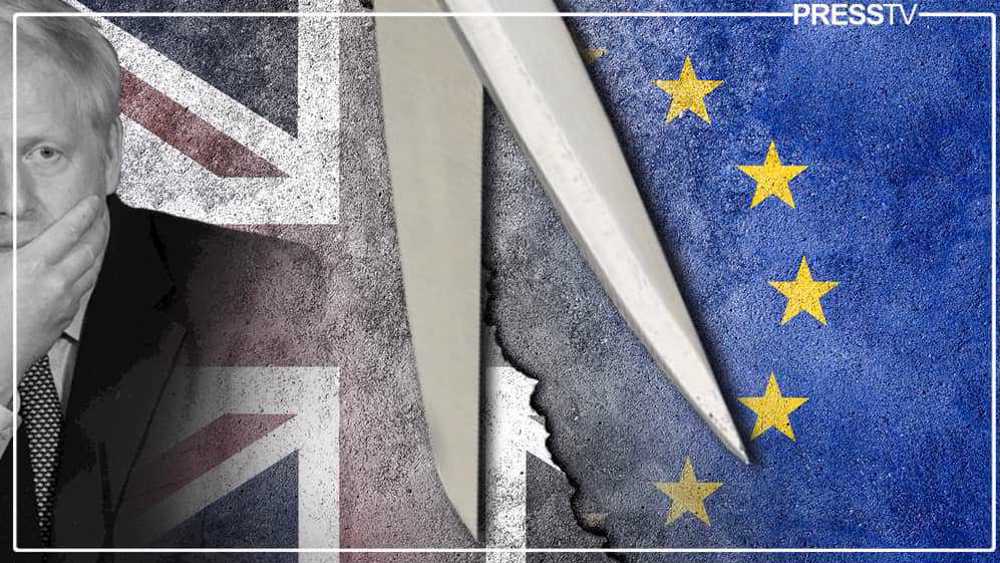Brexit is propelling Britain towards the door marked 'failed state'
By John Wight
Energy crisis, empty supermarket shelves, labour shortage, widespread and deepening poverty, increasingly poor relations with neighbouring countries, failure to achieve bilateral trade deals, moral panic over refugees and migrants in general. No, this isn’t the plight of a country in the Global South, lacking the benefits of a developed economy, this is the UK now, today.
When Boris Johnson succeeded in replacing Theresa May as the country’s leader in 2019, in his first speech to speech to Parliament he set out a vision of Brexit Britain so utopian you could have lapsed into believing the country was on the cusp of a new golden age. Johnson even used the term ‘golden age’ in the speech, declaring that “we will look back on this period, this extraordinary period, as the beginning of a new golden age for our United Kingdom.”
The extent to which Johnson’s bombast was divorced from reality is measured, just over two years later, in growing shortages of certain foods, due to the interruption of frictionless trade with the rest of Europe, with some experts predicting that shortages will only get worse once the full regulatory and customs arrangements of Brexit come into force by next summer. The price of not only luxury items, but even basic items such as milk, eggs, and vegetables will rise in consequence; what with retailers guaranteed to pass on at least some of their increased costs in bureaucracy to import items from Europe and beyond.
Meanwhile, the shortage of truck drivers due to Brexit, due to EU nationals no longer being able to work and live in the UK, has reached 100,000 compared to pre-pandemic numbers. This has led to severe transportation delays with more shortages of everything from auto parts to furniture and construction materials, the result.
The energy crisis that has engulfed the UK, resulting in many energy companies going bust and the energy bills of hundreds of thousands of people going up exponentially, has a global dimension, in that countries such as China and India have increased their demand for gas as their economies have begun to bounce back after the worst of the pandemic. There is also the fact that Russia refuses to increase production from the agreed level per its state energy company Gazprom’s existing contract with the UK and other European markets.
Perhaps, in hindsight, it wasn’t the best idea to embrace the role of America’s Trojan Horse in the Europe when it came to supporting sanctions against Moscow and sabre rattling over Crimea and Ukraine.
This escalating energy crisis has been made even worse in Britain because of the unconscionable decision of Johnson’s predecessor, Theresa May, to allow the closure of the country’s then largest gas storage facility in 2017, thus significantly lowering the level of gas reserves the UK can store at any given time. However, the main thing this crisis reveals is that for-profit energy supply system has been a disaster for consumers since it was introduced in Britain the 1980s.
The threat to the Belfast/Good Friday Agreement threatens peace in Ireland, what with the loyalist and Unionist community up in arms over the border down the Irish Sea that Johnson and his acolytes had pledged would not be established, bringing the UK-controlled Six Counties in the North of Ireland into the EU’s trading and customs orbit in order to ensure than a hard border is not reintroduced between Northern Ireland and the Irish Republic.
As these words are being written, Boris Johnson is in Washington meeting his US counterpart, Joe Biden, who has made clear his concerns about the danger Brexit poses to peace in Ireland. At the same time, Johnson and his team have failed to make meaningful progress when it comes to striking the desperately-coveted bilateral trade deal with the US which he and other prominent Brexiteers assured the country would be straightforward.
Finally, turning to foreign policy, the recent formation of a US-UK-Australia military pact (Aukus) is a prime example of looking to the last century for the answers to the challenges and issues of the one we happen to be living in. Formed, it is clear, with China in mind, Aukus is a desperate and futile attempt to counter China’s growing assertion of global leadership.
This leadership is more than deserved. Beijing’s stunning Belt and Road Initiative (BRI) is a transformational infrastructure and investment project that has successfully forged partnerships with governments all over the world. Meanwhile, the developmental model long preferred in Western capitals - establishing clients and satellites across the world at the end of bayonets with exploitation not partnership in mind - is in steep decline, unsurprisingly so given the instability and mayhem it has sown.
London’s participation in Ausuk is yet another act of desperation as it attempts to maintain relevancy and clout on the world stage, post-Brexit. French foreign minister, Jean-Yves le Drian, accurately described Britain’s role in this new formation as ‘opportunistic’, and France has withdrawn from scheduled talks on defence with Britain in protest at what it views as a duplicitous attempt to undermine NATO. As for China, it has accused the powers involved of being in possession of an “outdated cold war zero sum mentality.” More prosaically, a few short weeks after a humiliating and panicked departure from Afghanistan might not be the best time to be talking up the prospect of taking on China.
So now this is where the UK finds itself, crisis ridden at home and increasingly irrelevant abroad. Having made the mistake of getting drunk on British obscurantism, British society has woken up with a hangover. Brexit, the result of this bacchanalia of nationalism and nostalgia for empire, is the equivalent of a man walking backwards with his face to the future. As the 76th session of the UN General Assembly gets underway in New York, Brexit has propelled the UK not towards the new golden age promised by Prime Minister Boris Johnson, but instead towards the door marked failed state.
John Wight is an author and political commentator based in Scotland.
(The views expressed in this article do not necessarily reflect those of Press TV.)

How Bernie Sanders condemns genocide in Gaza without actually condemning it

Trump's proposed travel ban should bar US from hosting 2026 FIFA World Cup

US war machine in Yemen: Bombing civilian gatherings with total impunity
Harvard president says top university not to yield to federal demands over student rights
VIDEO | Hundreds of Israeli settlers storm Aqsa Mosque as West Bank raids claim another life
Israel-Meta nexus stifles pro-Palestine voices on Facebook, Instagram amid genocide
Iran gears up for largest trade event on upbeat mood
Leader: Indirect Oman talks ‘good’ in early stages but lack of trust 'remains' about other side
US slavery emancipation day celebrated in Washington
China calls for new Iran deal based on JCPOA; urges US to stop ‘maximum pressure’
IRGC: Iran’s military capabilities ‘non-negotiable’; national security ‘red line’







 This makes it easy to access the Press TV website
This makes it easy to access the Press TV website